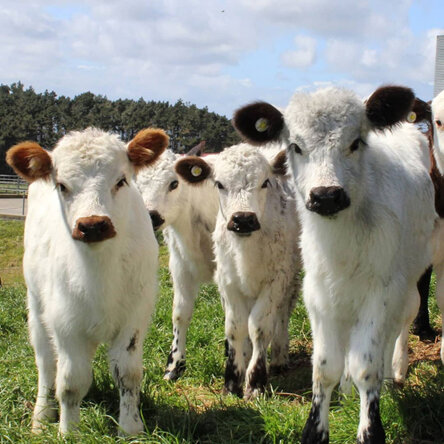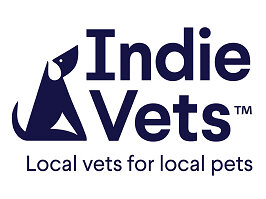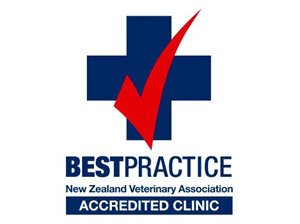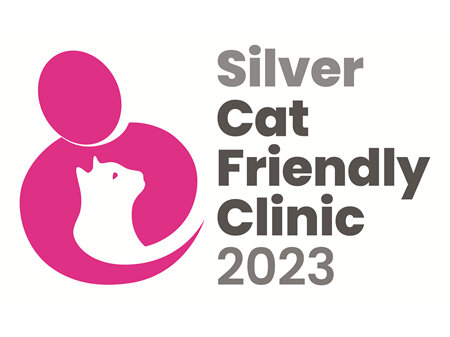Franklin Vets
Franklin Vets - excellence in veterinary care for dairy, farming, lifestyle, equine and household pets. BESTPRACTICE ACCREDITED NZ.
Your account is powered by Storbie. To edit your profile visit my.storbie.com
Your account is powered by Storbie. To edit your profile visit my.storbie.com

Yersinia is a bacteria that is normally present in the gut of healthy cattle, and coccidia is a parasite that resides in the small intestine after being ingested from the environment. Coccidia causes clinical disease when large numbers of the parasite are consumed from contaminated pasture or after episodes of stress, while Yersinia’s clinical symptoms are predominantly stress related. Both diseases are most common in recently weaned calves and cause diarrhoea, weight loss, and growth checks.
Yersinia and coccidia outbreaks create an unwanted business expense through the accumulating treatment costs, growth checks and mortality. Preventing stress where possible during transportation is important.
If calves become off-feed and develop diarrhoea post-transport, consider a vet visit on farm, or collect a faecal sample from the affected animals and take it to one of our Franklin vet clinics for further evaluation.
Dr Melissa Veltman, Farm Vet at Paeroa
Franklin Vets - excellence in veterinary care for dairy, farming, lifestyle, equine and household pets. BESTPRACTICE ACCREDITED NZ.



